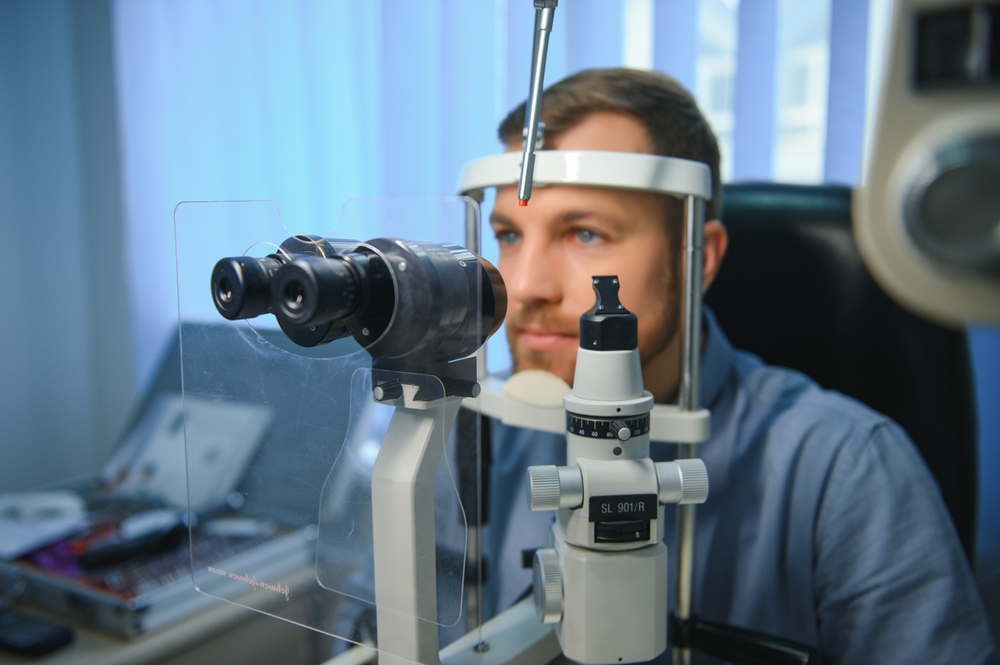
At Performance Vision Center, we understand that clear and healthy vision plays a vital role in your daily life. But how often should you schedule an eye exam to ensure optimal eye health? The answer depends on various factors, including age, health, and risk factors for eye diseases. Here's everything you need to know about eye exam frequency and why comprehensive eye exams are essential.
What is a Comprehensive Eye Exam?
A comprehensive eye exam is a thorough evaluation of your eyes and vision. Unlike basic vision screenings, which only assess how well you see, a comprehensive exam delves deeper to check the overall health of your eyes. During your visit, your optometrist will:
Assess your visual acuity (sharpness of vision).
Examine the internal and external structures of your eyes.
Check for common eye conditions like glaucoma, cataracts, and macular degeneration.
Evaluate your eye coordination and focusing ability.
Measure your prescription for glasses or contact lenses if needed.
The Importance of Eye Exams for Optimal Vision
Routine eye exams are more than just a check-up for your prescription lenses. They are critical for maintaining optimal vision and overall eye health. Many eye diseases develop gradually and without obvious symptoms. Regular eye exams help detect issues early, often before they cause noticeable changes in vision. Early detection can be key to preventing irreversible damage and maintaining long-term eye health.
Eye Diseases Uncovered During an Eye Exam
Comprehensive eye exams can uncover various eye diseases and conditions, including:
Glaucoma: Known as the "silent thief of sight," glaucoma often has no symptoms in its early stages but can lead to permanent vision loss
Cataracts: Clouding of the lens, which can impair vision over time
Macular Degeneration: A leading cause of vision loss in older adults
Diabetic Retinopathy: A complication of diabetes that affects the blood vessels in the retina
Dry Eye Syndrome: Chronic dryness that can lead to discomfort and blurred vision
How Often Should You Get an Eye Exam?
Children: Kids should have their first comprehensive eye exam by age 6 months, another at age 3, and before starting school. After that, annual exams are recommended.
Adults (18-64): It’s generally recommended to schedule a comprehensive eye exam every year.
Seniors (65 and older): Annual eye exams are crucial, as the risk of developing age-related eye conditions increases.
People at Higher Risk: If you have diabetes, a family history of eye diseases, or use prescription medications that can affect your eyes, you may need exams more frequently. Your optometrist can recommend the best schedule based on your individual needs.
Even if you feel your vision hasn’t changed, annual eye exams are still essential. Many eye conditions can progress silently, and an annual exam ensures that your optometrist can monitor any subtle changes in your eyes.
Take the First Step Toward Healthy Vision
Your eyes are your window to the world, and taking care of them should be a top priority. Regular comprehensive eye exams not only ensure clear vision but also play a critical role in detecting and preventing serious eye conditions. Whether it’s an annual check-up or more frequent visits for those at higher risk, staying proactive about your eye health is key to preserving your vision for years to come.
Schedule your comprehensive eye exam with Performance Vision Center and prioritize your eye health for years to come. Contact our office in Winter Park, Florida, by calling (407) 890-0201 to book an appointment today.







